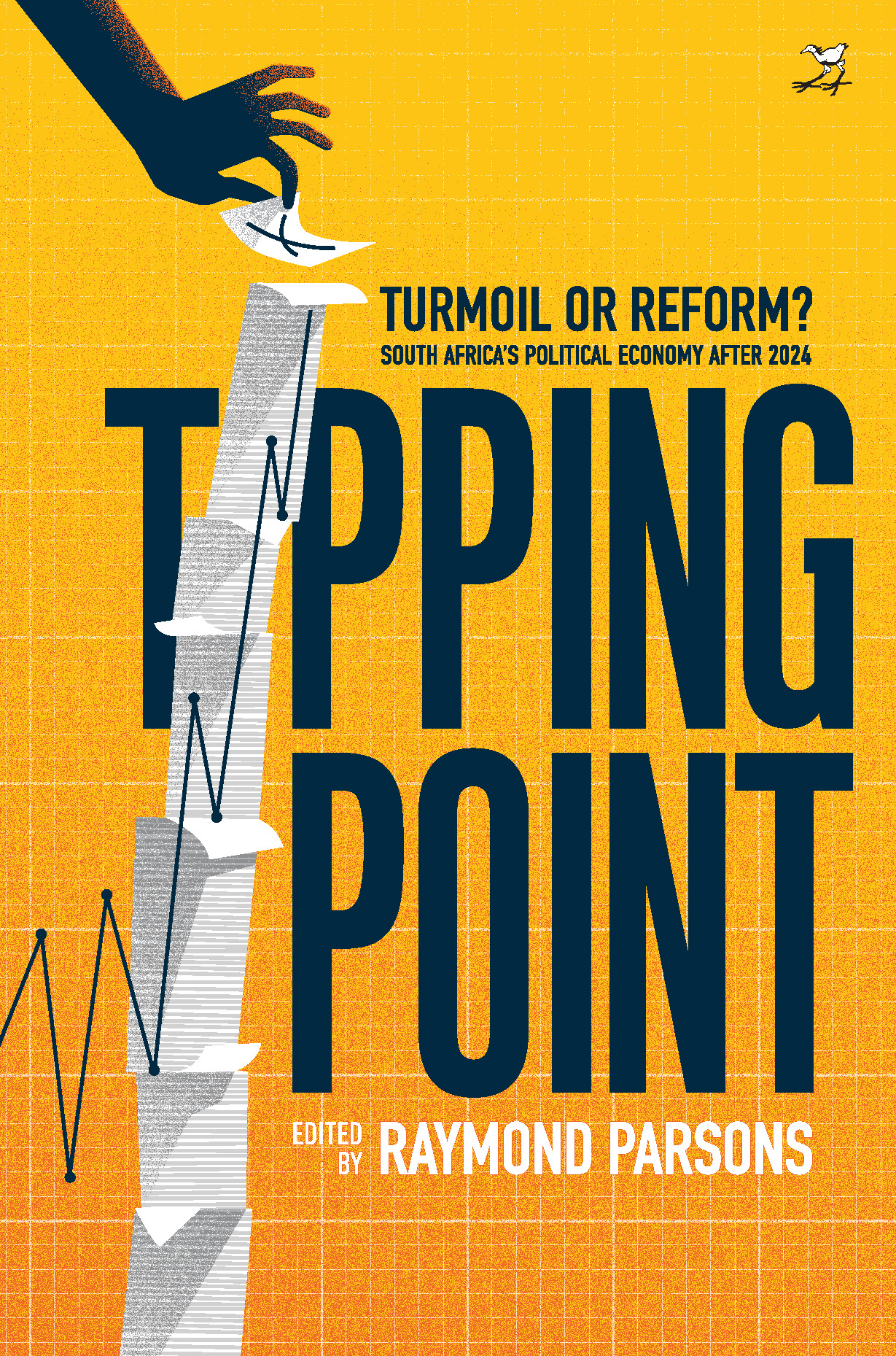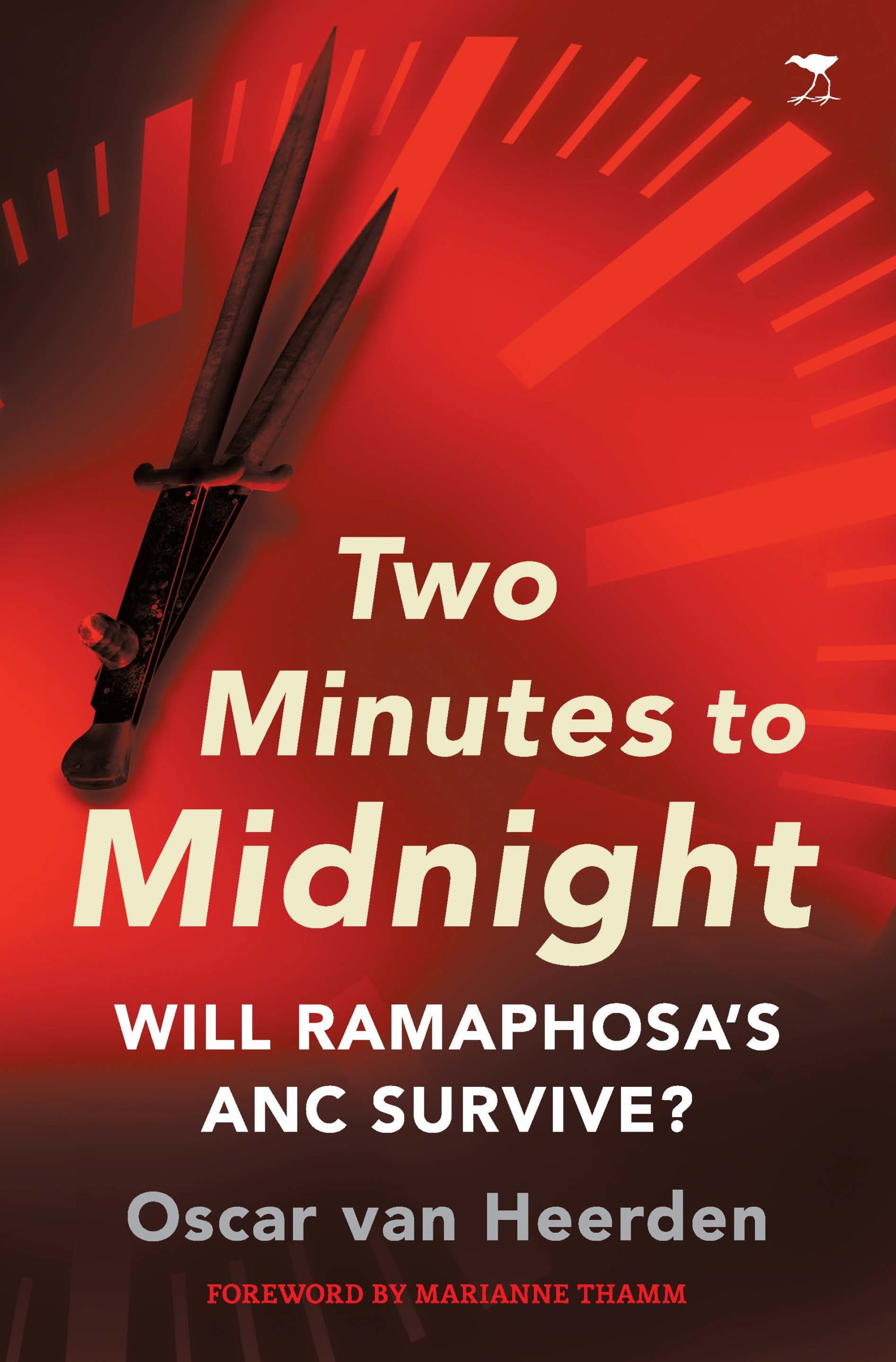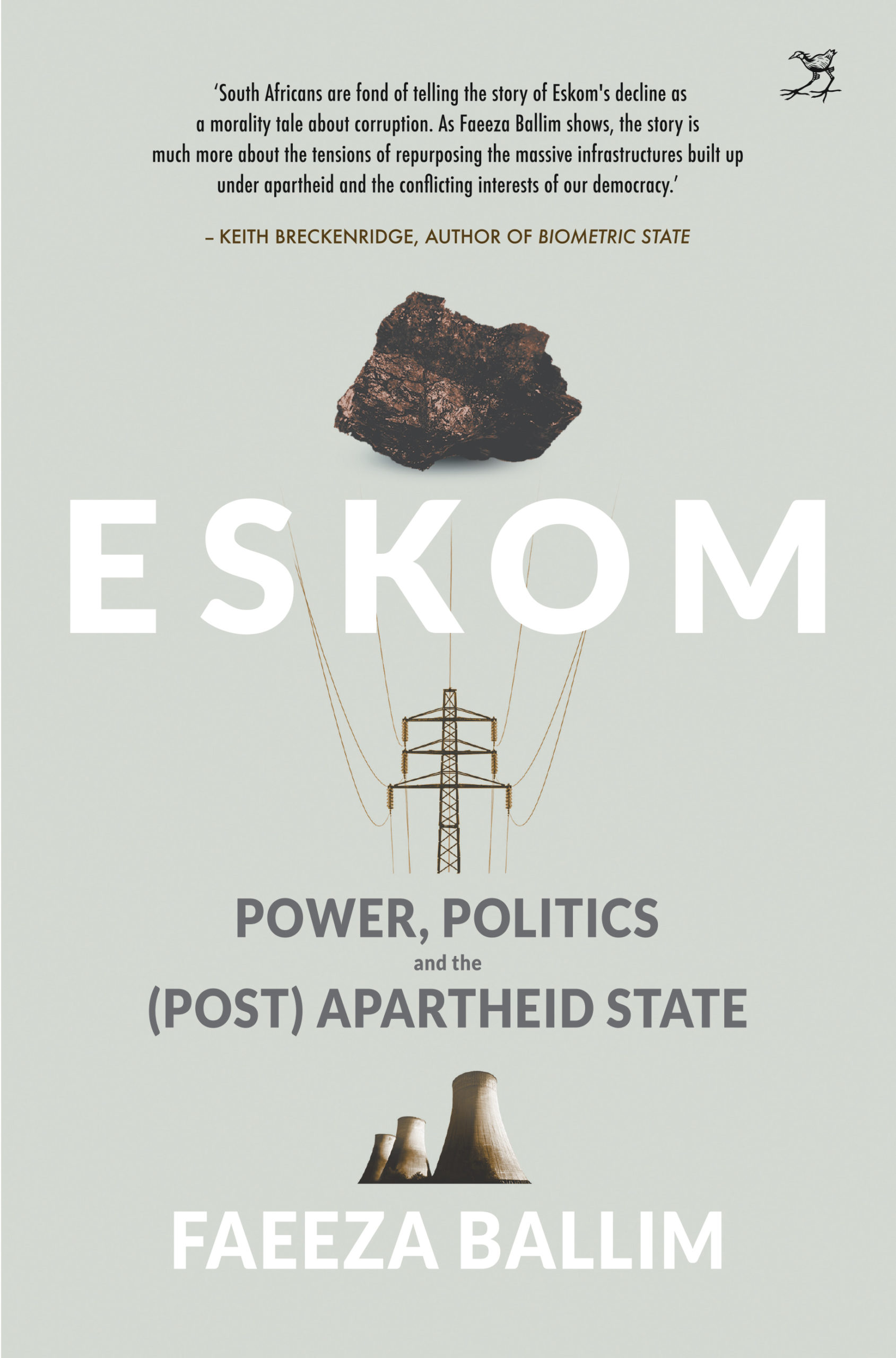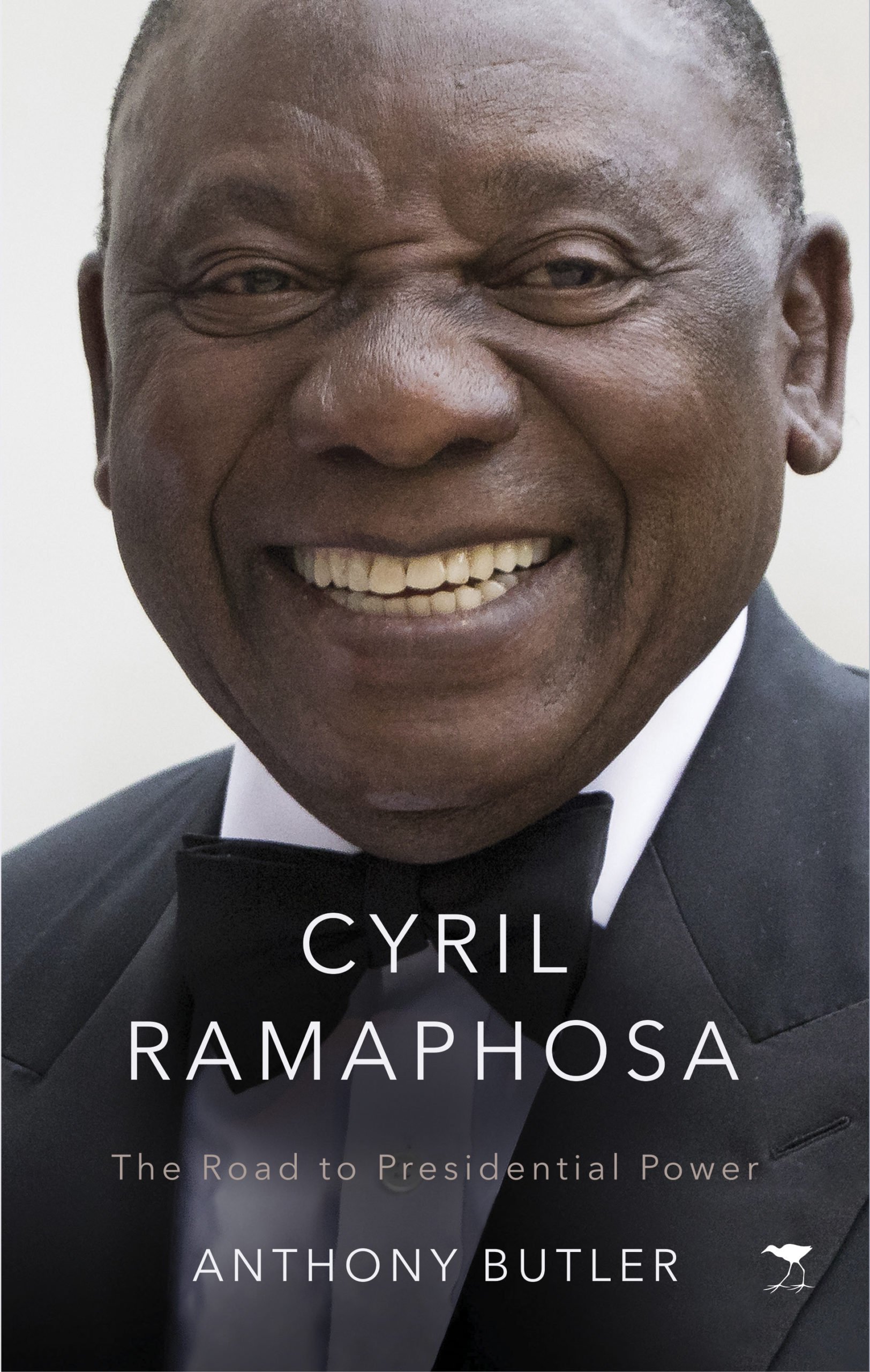As South Africa approaches a pivotal moment in its democratic journey, the upcoming elections present a crucial opportunity for every citizen to shape the nation’s future. To help you make a well-informed decision, we are pleased to introduce a curated selection of titles that will provide you with valuable perspectives and information to guide your decision at the polls.
Is the Party Over?
This
is an insider book by Oscar van Heerden, who also had ringside seats at the ANC
NASREC 2022. The book provides a detailed account of the political turmoil
within the ANC, a cripplingly divided political party. The author, a
journalist, political analyst, and part of the story, shares a personal yet
critical account that pays great attention to details of his disappointment
with the party’s unfulfilled promises, backstabbing, and corruption as an
active member of the ANC. The book raises questions about Ramaphosa’s legacy,
whether 2024 will mark the end of his presidency, and the ANC’s potential decline.
So, is the party over for the ANC?
Tipping Point: Turmoil or Reform? South
Africa's Political Economy After 2024
This book, edited by Raymond
Parsons, features 16 South African intellectuals and thought leaders’ articles,
providing citizens with
valuable information to enable them to participate in the democratic process
more effectively. It explores South Africa’s political
and socioeconomic landscape, the 2024 elections, and whether they will signal
more gloom or positive change. The book covers topics such as coalition
politics, geopolitical leanings, local government, business management in the
electricity crisis, BRICS, and South Africa’s position in the international
global order. It also discusses the country’s support for Russia in the Ukraine
war and its desire for a peace-making role.
Two Minutes to Midnight: Will Ramaphosa’s ANC
Survive?
On 16-20 December 2017, South Africans and political pundits closely watched the 54th National Conference of the African National Congress (ANC) in Nasrec. Oscar van Heerden, a former student activist and ANC member, witnessed the event and its five-day high drama. His book, Two Minutes to Midnight: How the ANC survived Nasrec 2017, provides an insider's view of the governing party's struggle with deception, corruption, and power-hungry politicians. Van Heerden shares his observations, including factional in-fighting, money exchange in bags, spies on duty, and a political party in the clutches of state capture. He asserts that the Cyril Ramaphosa camp, also known as CR17, did not have a chance of winning, as they appeared disorganized and had arrived at the gun fight with a knife. Van Heerden explains how the tide turned against the obvious pro-Jacob Zuma camp to favor CR17, and what really happened behind closed doors. His book offers an enthralling and heart-stopping insider's view of the ANC's survival at Nasrec 2017.
Eskom: Power, Politics and the Post-apartheid State
The book by Faeeza Ballim explores the relationship between technology and politics in South Africa since the 1960s, highlighting the importance of understanding the energy crisis. It challenges the idea that technological state corporations were proxies for the apartheid government and highlights the role of these corporations in worker solidarity and trade union organization. Ballim argues that these corporations enjoyed ambivalent relationships with the governments of their time. Despite being caught up in government corruption, Eskom has retained organizational autonomy and offered resistance to further corrupt practices in the democratic era. The book provides a comprehensive understanding of South Africa's energy crisis.
Cyril Ramaphosa: Road to Presidential Power
South Africa's President Cyril Ramaphosa, the country's fifth post-apartheid president, has been a prominent figure since the 1980s. He was the founder of the National Union of Mineworkers (NUM) and was appointed as secretary-general of the African National Congress in 1991. Ramaphosa led the ANC's team in negotiating the post-apartheid constitution. Despite his ambition to succeed Mandela, he turned to commerce, becoming one of the country's weathiest businessmen, a breeder of exotic cattle, and a philanthropist. This revised and extended edition of the biography provides a comprehensive account of Ramaphosa's early life, education, career in trade unionism, politics, and constitution-building. The book also explores his role in the National Planning Commission, the impact of the Marikana massacre on his political prospects, and his rise to deputy presidency in 2014.
The Coming Revolution: Julius Malema and the
Fight for Economic Freedom
What does the Economic Freedom Front stand for? How do they propose to nationalise mines, banks and land? Is Julius Malema, founder of the EFF, equipped to legislate or to lead? These tough questions are asked in The coming revolution. Malema is tackled on his tax woes and on the tenderpreneur label by Janet Smith, executive editor of The Star. Smith asks Malema to explain, contextualise and motivate his political agenda and the genesis of the new party. Hard-hitting and informative, The coming revolution disrupts the dominant South African political narrative.
The New Apatheid
Who Will Rule South Africa?
In 1994, Nelson Mandela led the African National Congress (ANC) to victory in South Africa's first democratic election. Now, 30 years later, the ANC is fighting to escape political liquidation. Award-winning journalists Adriaan Basson and Qaanitah Hunter forensically track the ANC's demise, from Mandela to Ramaphosa, and the rise of a new political class. They highlight corruption and greed that subsumed a liberation movement, turning a party of freedom fighters into a villain. The book also examines Cyril Ramaphosa's first term in office, revealing his failures in governance and inability to address the party's decline. Basson and Hunter predict the likely scenarios for a coalition government after the 2024 election and the implications of politicians like John Steenhuisen, Julius Malema, or Herman Mashaba gaining access to the Union Buildings. This must-read for anyone concerned about the country's future.









